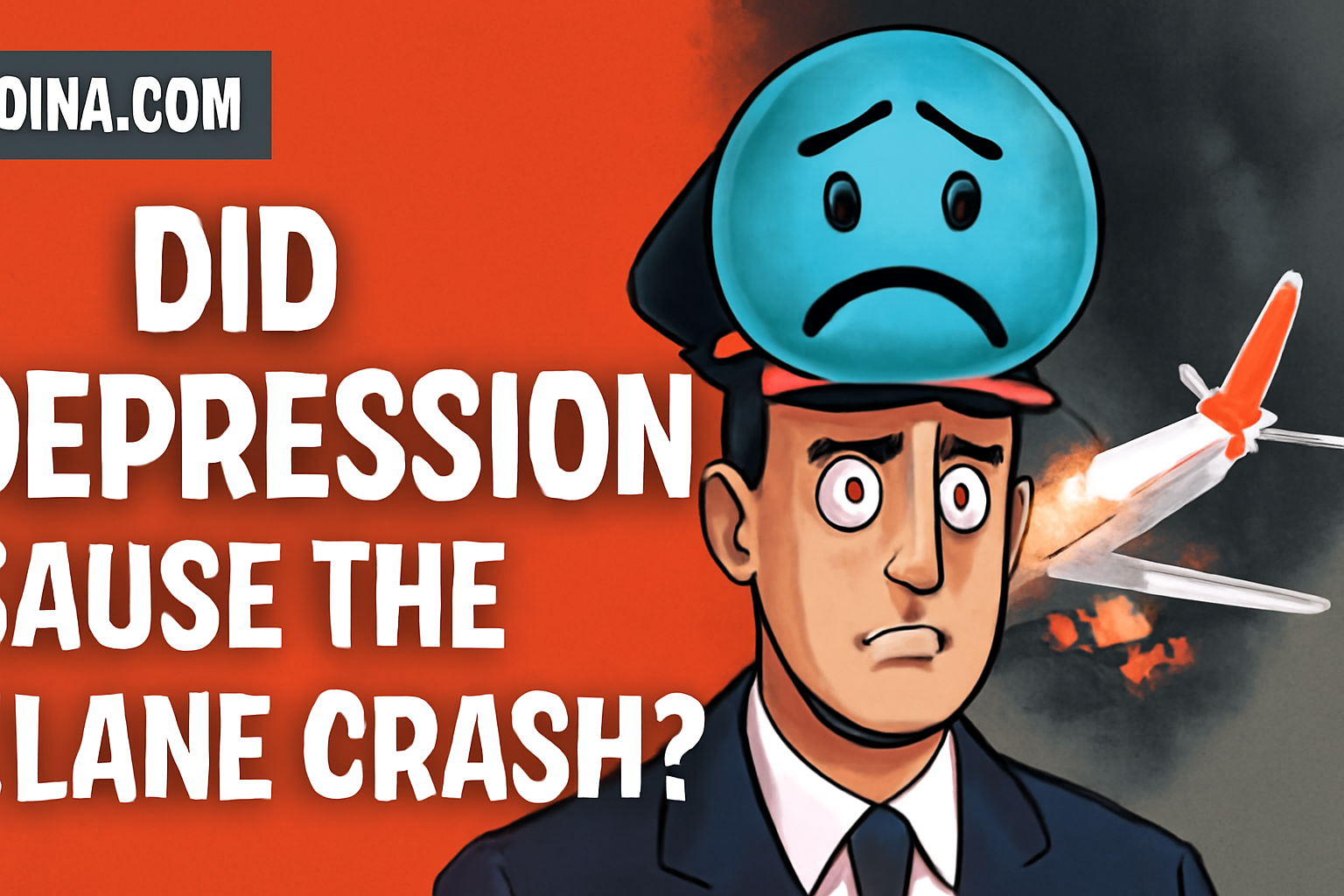A shocking tragedy in India has shaken the aviation world! On June 12, an Air India plane, commanded by experienced pilot Sumit Sabharval, crashed just five minutes after takeoff, killing everyone except one passenger. But this isn’t just an accident — it’s a dark shadow of depression that may have lurked in the cockpit.
According to preliminary reports, Captain Sabharval, who had over 8,000 flight hours, reportedly suffered from mental health issues, including depression, although he had medical clearance to fly. He even took leave due to grief after his mother’s death, which could have further affected his mental state.
The creepiest detail? The black box recording reveals that the fuel switches in the cockpit were deliberately turned off — something that couldn’t have happened by accident. Two switches, which require conscious action to move, were found in the off position immediately after takeoff. Experts say this is a clear sign the pilot may have intentionally caused the crash, fully aware of the consequences.
The scene on the ground was horrific — the wreckage was smashed, 19 people died on the ground, and the only survivor managed to escape by jumping at the last second. While Air India refuses to comment on details, leading aviation safety experts do not hide their suspicion that the pilot’s mental health was a key factor in this tragedy.
This crash shines a harsh light on how much attention is paid to pilots’ mental health and whether current medical checks are enough to prevent such disasters. Is the aviation industry ready to face this dark problem, or will we keep watching tragedies repeat?
Got thoughts on this? Think pilots deserve more mental health care? Drop a comment below — maybe your words can spark the change we desperately need!







